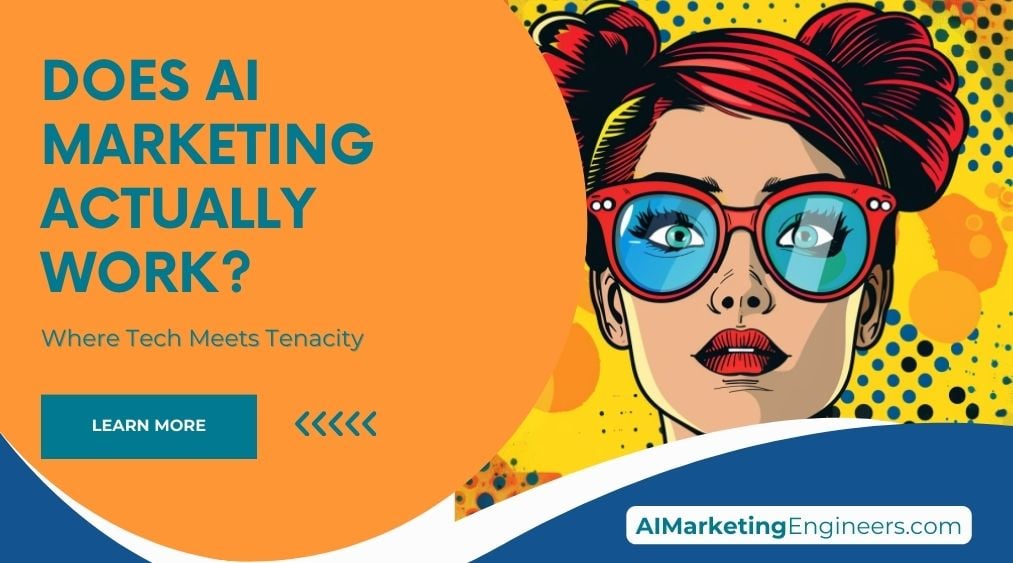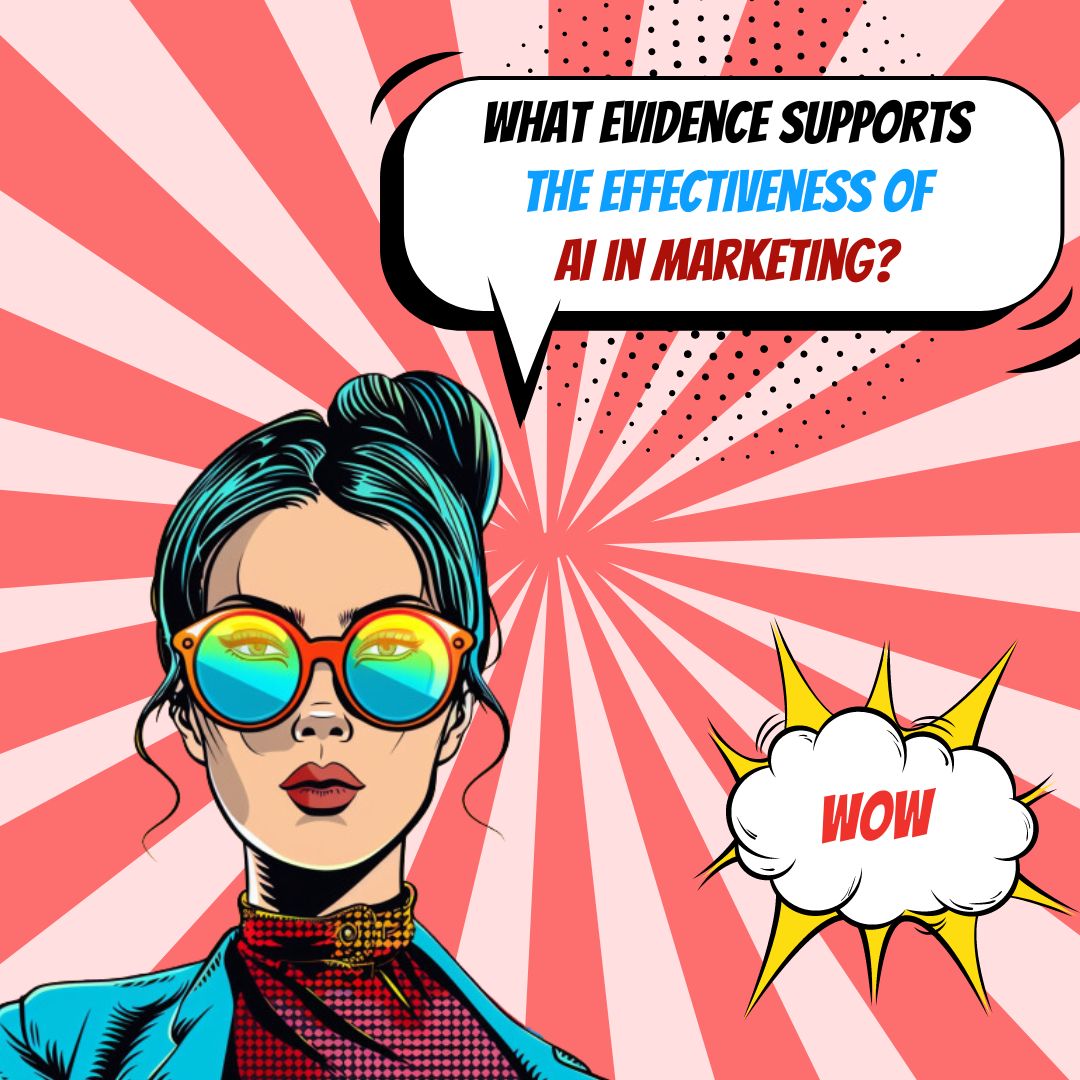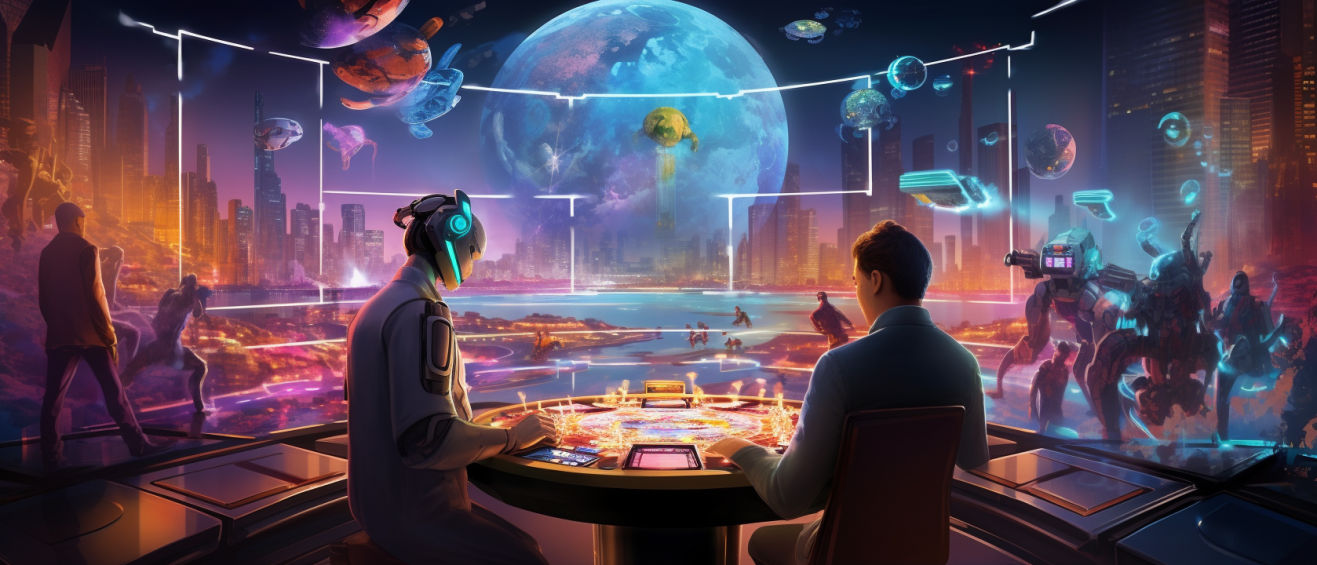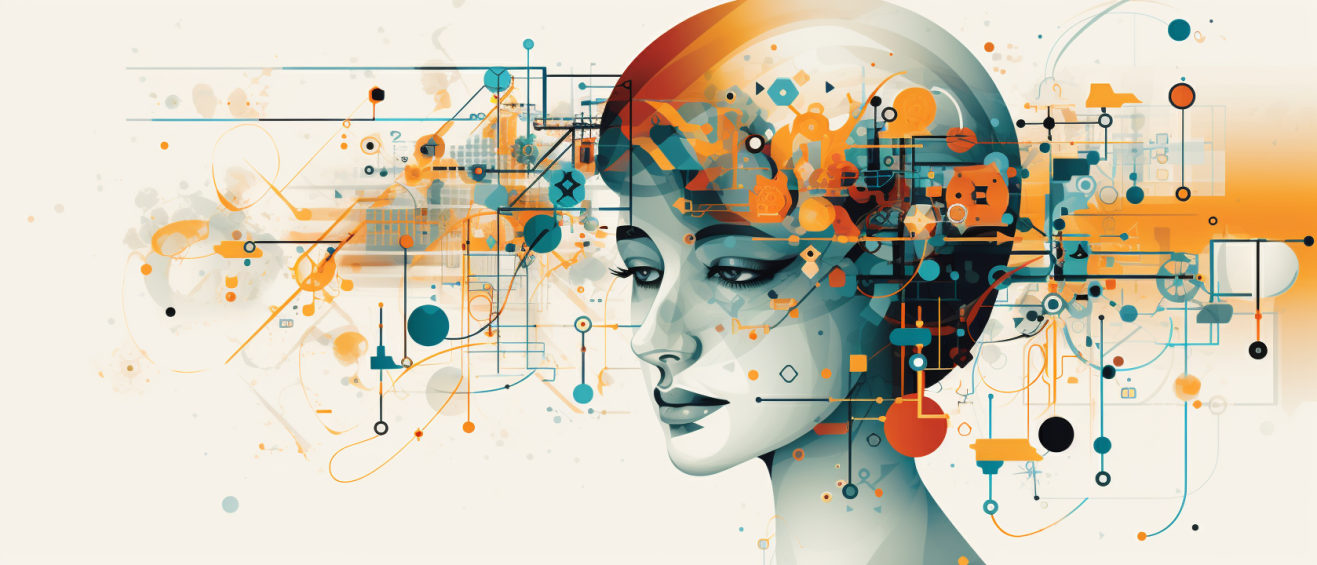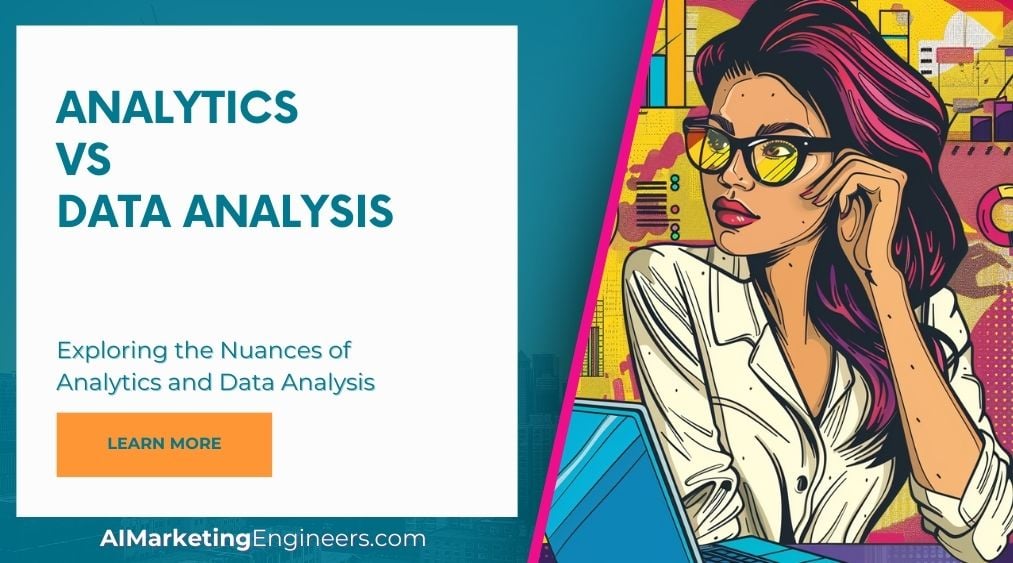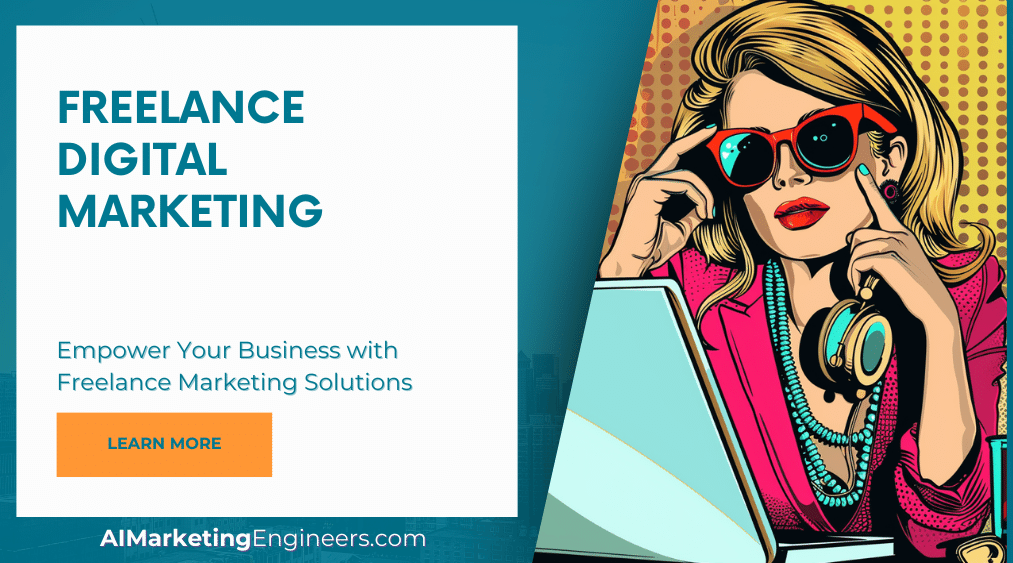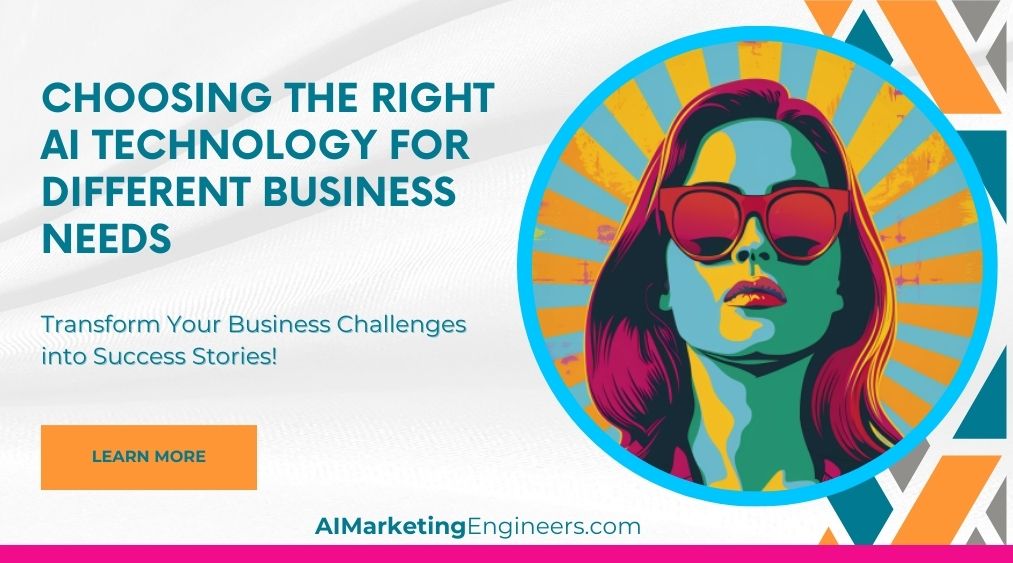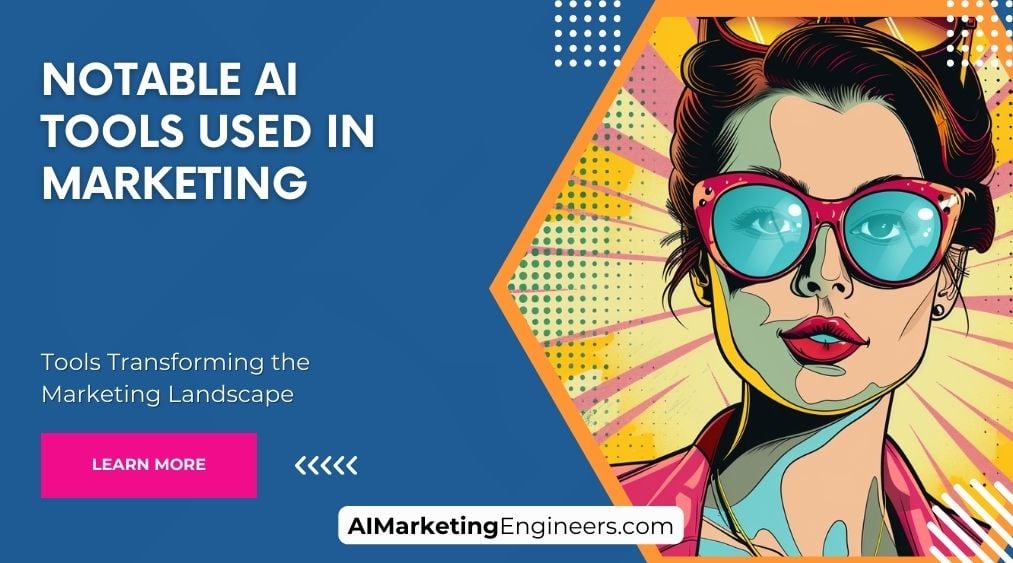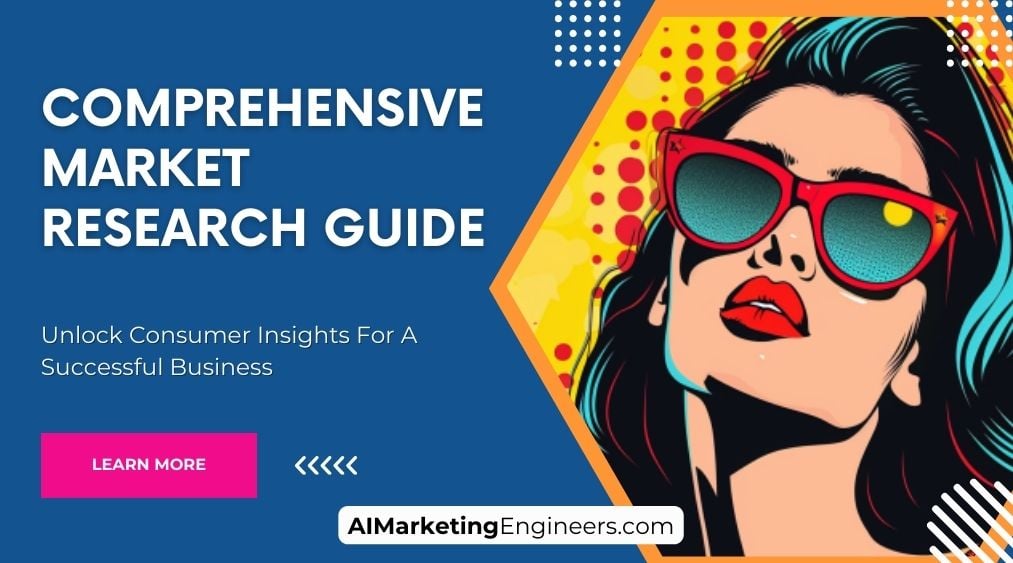Key Takeaways
✅ Effectiveness: Let’s face the music—AI marketing isn't just a trend, it's transforming game plans across the board. From smarter customer experience to needle-moving campaign tweaks, AI's pulling the strings behind the scenes. What's cooking with AI-driven insights and automation? Businesses are seeing real boosts, but how big are we talking?
✅ Personalization: Everyone likes feeling special, right? And that's why AI marketing is stealing the spotlight. Imagine talking to each customer like an old friend, knowing just what they want to hear. Is AI marketing turning businesses into mind readers or is there more to the story?
✅ Continuous Optimization: Tired of playing catch-up? AI marketing tools are like workout buddies that never quit. They learn, they adapt, and they're always aiming for those personal bests. But are they tireless helpers leading to more high-fives and happy dances, or is there a catch we're not seeing?
Introduction
Ever found yourself wondering, "Does AI marketing actually work?" You're not the only one. With buzzwords zipping around like bees on a mission, it's tough to know what's hype and what's helpful. Picture this: AI not just as a fancy trick up your sleeve, but as a core player in your marketing team. Sounds tempting, right?
From big brands to hustling startups, everyone's peering at these brainy bots, asking if they're here to stay. They're sizing up AI's power to redefine personalization, put a turbo boost on efficiency, and crunch numbers like nobody's business. But let's cut through the noise and get real—is this a surefire shortcut to success, or could it trip you up along the way?
In this candid look at AI marketing, we're not just tossing around ideas—we're diving deep. You’ll come across tales of triumph, whispers of worry, and everything in between. Whether you're looking to sharpen your strategy or questioning if this tech is worth your time, we've got answers that hit home. Ready to separate fact from fiction and see how AI could crank up your ROI? Let's turn the page and find out together.
Top Statistics
| Statistic | Insight |
|---|---|
| Global AI Marketing Growth: Expected to soar from $8.4 billion in 2021 to $36.5 billion by 2026. (Source: MarketsandMarkets) | This striking growth trajectory speaks volumes about the confidence businesses place in using AI to reinvent marketing. |
| Personalization Benefits: A whopping 91% of consumers favor brands that provide personalized offers. (Source: Accenture) | The high percentage underscores the consumer's desire for brands to understand and cater to their individual needs, a personal touch facilitated by AI. |
| Increased ROI: AI in marketing has contributed to up to a 30% increase in ROI for businesses. (Source: McKinsey & Company) | Now that's what every marketer dreams of: seeing solid numbers that reflect successful investments and strategies. |
| Chatbots Popularity: Retail eCommerce sales influenced by chatbots are projected to hit $142 billion by 2024. (Source: eMarketer) | These clever little bots are not just trendy; they're effective, driving sales by simplifying customer interactions. |
| Millennials Trust in AI: 75% of millennials trust companies to use AI responsibly, higher than other generations. (Source: SAS) | With millennials being a huge market segment, their trust in AI tells us that businesses better get on board or miss out. |
What is AI Marketing?
Imagine you walk into a store, and the salesperson already knows what you're looking for — spookily helpful, isn't it? AI Marketing works a bit like that. It's the secret sauce that businesses are using to get to know you better. It's not about selling you things you don't need, but about making sure you see the stuff you might actually love. How? Well, AI tools sift through heaps of data — what you buy, what you click on, even what you ignore. This isn't about guesswork; it's about knowing what makes each customer tick. Ever gotten a product recommendation that was spot-on? Yep, that’s AI at play.
Benefits of AI Marketing
Most of us have wished for more hours in the day, right? That's where AI becomes the unsung hero. It’s like having a super-efficient buddy who can crunch data at lightning speeds, all to give customers that "Wow, they really get me!" feeling. That billboard tailored just for you? It’s not magic, it’s personalization, made possible by AI analyzing your behavior. Now, businesses big and small can make smarter decisions without staying up all night with spreadsheets. We're talking cost savings and killer campaigns that hit the mark. It’s like suddenly having the cheat codes to the game of marketing.
Real-World Success Stories
Okay, this is the juicy bit. Companies around the world are diving into AI marketing and coming up smelling of roses. Take Netflix — ever wonder how they seem to know what series will keep you glued to your screen? They use AI to suggest shows based on what you've watched before. And it's not just entertainment; retailers are joining the party, too. They're using AI to predict trends, stock up on the right products, and even set prices. It’s not just a win for them — we get a better shopping experience too.
Challenges and Limitations
But hang on, it's not all a bed of roses. With great power comes… some pretty big challenges. People are worried about privacy — nobody wants a Peeping Tom, even if it's a robot. What about the data that gets fed into these AI systems? Garbage in, garbage out, as the saying goes. There’s a risk of flawed insights if the data is biased or just plain wrong. And as smart as AI is, it still can't understand human emotions and nuances the way we do. There's a fine line between cool and creepy, and AI marketing tiptoes on it.
Future Outlook for AI Marketing
Ever feel like we're living in a science fiction novel? With AI, the future is always just around the corner. It’s not stopping at personalized ads and product recommendations. Imagine virtual shopping assistants that chat with you just like a real person. Companies are already gearing up for this world, analyzing trends and preparing for a time when AI might even predict what we want before we do. To make sure businesses aren’t left in the dust, they’re getting cozy with AI now. It’s like a wave building on the horizon — you can either ride it or get swept away.
Is AI Marketing Too Good to Be True?
Remember how we talked about AI marketing not being all sunshine and rainbows? It’s time to look at those clouds a bit closer. Sure, AI can save us time and money, but what about when it gets it wrong? Imagine seeing ads for baby strollers right after a painful breakup — not cool, AI. And that’s just scratching the surface. The big question on everyone's lips is about ethics and regulations. How do we keep our data safe from the hungry eyes of too-smart machines? Businesses are wrestling with these questions, trying to find a balance between genius marketing and respecting our personal space.
AI Marketing Engineers Recommendation
Recommendation 1: Integrate AI-driven segmentation and personalization: With data showing that personalized email messages improve click-through rates by an average of 14% and conversions by 10% according to a study by Aberdeen, it's time to let AI help you understand your audience better. By using AI, you can segment your audience into more precise groups based on their behavior and preferences, and then create content that speaks directly to them, significantly increasing engagement and conversion rates.
Recommendation 2: Embrace predictive analytics for forecasting consumer behavior: Current trends show a growing reliance on predictive analytics to anticipate customer needs and respond in real-time. As per Salesforce's State of Marketing report, high-performing marketing teams are 2.3 times more likely to be using AI in their campaigns than underperformers. Therefore, implementing predictive analytics models driven by AI can give you a leg up by forecasting future buying trends and enabling you to craft proactive strategies that resonate with your audience even before they realize they need what you offer.
Recommendation 3: Employ conversational AI for enhanced customer service: Chatbots and virtual assistants are no longer just nice-to-have; they are an expectation. In a survey by Oracle, 80% of businesses reported wanting to use chatbots by 2020. Conversational AI can interact with customers 24/7, handle multiple queries at once, and learn from interactions to provide a personalized experience, thus lifting the burden off customer service teams and enhancing user satisfaction. Implementing these tools can improve response times and free up resources to focus on more complex customer needs.
Conclusion
So, does AI marketing actually work? After peeling back the layers, the answer appears to be a confident yes, yet it's woven with a few ifs and buts. We've seen that when AI sinks its teeth into data, it's like uncovering a treasure map to your customer's heart. Companies are personalizing experiences in ways that were once considered the stuff of sci-fi novels, with efficiency that’s saving both time and pennies by the bucket-load.
True, the success stories are impressive; they paint a picture of a future that's already here, where marketing feels like a two-way conversation rather than a shout into the void. It turns out, AI doesn't just guess what customers might like, it knows, and there's something almost magical about that. Yet, it's not all sunshine and roses. Remember the whispers of concern about privacy and transparency? They're important. We can't ignore the ethical tightrope that comes with AI's capabilities.
As we stand on this frontier, gazing into a horizon stitched with binary code, the potential is undeniable. But let's not get carried away without a thought for the implications. If we navigate wisely, respecting the balance between innovation and individual rights, AI marketing doesn't just work; it thrives, making businesses and consumers alike feel understood.
For those eager to dive into this future, the time is ripe for exploration. Are you ready to turn AI into your most trusted marketing ally? And if so, how will you make sure it's a force for good in your customer's world? The potential is there, waiting. The question is, how will you unlock it?
FAQs
Question 1: What is AI marketing?
Answer: AI marketing is all about harnessing the power of artificial intelligence to make your marketing game smarter. Think of it as having a super clever assistant who works tirelessly to sift through heaps of data, find what really clicks with your customers, and helps you tailor your campaigns to fit like a glove.
Question 2: How does AI marketing work in practice?
Answer: Imagine AI marketing as your high-tech toolkit. It dives into oceans of consumer data, spots trends faster than a detective, and serves up predictions on a silver platter so you can make spot-on marketing moves. From nailing who to show your ads to, to crafting super relevant product suggestions, it’s like giving your marketing strategy an adrenaline shot.
Question 3: Is there evidence supporting the effectiveness of AI marketing?
Answer: You bet! There's solid proof that AI marketing not only talks the talk but walks the walk. It delivers campaigns that hit their mark with precision, resulting in happier customers and a fuller pocket for businesses. For instance, a bit of digging by Nielsen unearthed that campaigns using AI were 50% more profitable than their old-school counterparts.
Question 4: In what ways does AI enhance customer experiences?
Answer: AI gives your customers the VIP treatment. By figuring out what they want before they do, AI offers up super-personal suggestions and deals that hit the sweet spot. It’s like having a friendly butler who knows your every need – without being creepy.
Question 5: Does AI replace human marketers?
Answer: No way! Think of AI as the Robin to your Batman. It’s got the brawn to churn through data at lightning speed, but you, the marketer, are the brains of the operation – steering the ship, crafting killer strategies, and connecting with your audience on a human level.
Question 6: What are some common AI marketing tools?
Answer: The AI marketing toolbox is chock-full of nifty gadgets like chatty chatbots, crystal ball-esque predictive analytics, software that writes as well as Shakespeare, and cool technologies that know where to show your ads in the blink of an eye. It’s like having your own marketing Q Branch.
Question 7: How can small businesses benefit from AI marketing?
Answer: Small businesses can get a big-league boost from AI marketing. It’s like finding a secret shortcut in a race. With AI, small outfits can make the most of their resources, crafting campaigns that punch well above their weight, and connect with customers without blowing the budget.
Question 8: Are there any potential risks or challenges associated with AI marketing?
Answer: Sure, it’s not all sunshine and rainbows. From worries about who's really in control of your data to computers making decisions that might make you raise an eyebrow, there are a few things to keep your eye on. It’s all about striking a balance between smart tech and smart people.
Question 9: How do I get started with AI marketing?
Answer: Getting started with AI marketing is like embarking on a treasure hunt. Pinpoint your destination, map out your route with the right data, grab your AI tools, and set sail. Watch carefully as you go, and be ready to adjust the sails as the seas of marketing data send new insights your way.
Question 10: Where can I find educational resources to deepen my understanding of AI marketing?
Answer: Eager to become an AI marketing wizard? There's a treasure trove of knowledge out there from online courses to gabfests, and a whole lot more. Dig into places like HubSpot Academy or tune into brainy talks by IBM Watson Marketing to brush up your skills and stay sharp.
Academic References
- Shankar, R., & Gupta, R. (2018). The Impact of Artificial Intelligence on Digital Marketing. International Journal of Advanced Research in Computer Science & Technology. This study explores how AI can improve the customer experience with a specific focus on personalization, targeted advertising, and predictive analytics. The enhanced engagement and sales resulting from these improvements are also addressed.
- Lohman, B. (2018). Artificial Intelligence in Marketing: How Machine Learning Can Optimize Your Advertising Campaigns. Harvard Business Review. An insightful article that delves into how machine learning can analyze consumer data to fine-tune advertising campaigns, boost return on investment, and cut down on ineffective spending.
- Gholamian, M., et al. (2020). Adoption of Artificial Intelligence in Marketing: An Empirical Investigation. Computers in Human Behavior Reports. This empirical research paper investigates the determinants behind the adoption of AI in marketing, highlighting the significance of perceived usefulness, ease of use, and organizational support.
- Telukunta, S., et al. (2020). Leveraging Artificial Intelligence for Competitive Advantage in Social Media Marketing. Journal of Business Research. The study focuses on how AI can provide a leg up in social media marketing by enhancing sentiment analysis, content generation, and identification of key influencers for better customer engagement and increased conversion rates.
